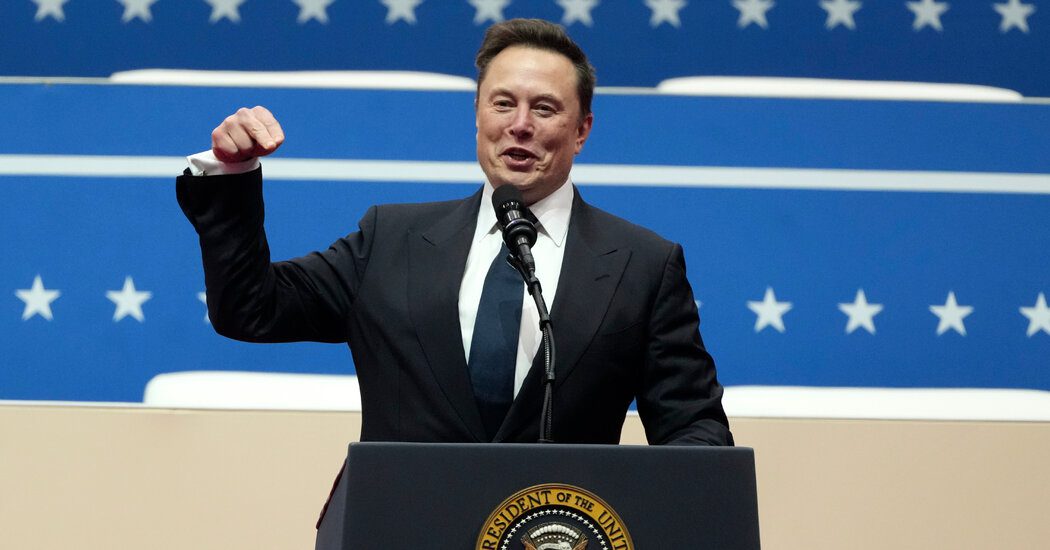
Over the last day, we have been tirelessly investigating Elon Musk’s unexpected and aggressive offer to take over Sam Altman’s OpenAI. This twist in their ongoing confrontation is something few anticipated. Currently attending an AI summit in Paris, Altman hadn’t even reviewed Musk’s proposal before swiftly rejecting it.
But what implications does a hostile takeover pose for a nonprofit organization? How can board members juggle their responsibilities to investors in a for-profit subsidiary while still aligning with their organization’s objectives? At the center of these discussions is Bret Taylor, the chair of the board. Taylor has firsthand experience with hostile bids, having previously led Twitter’s board during Musk’s acquisition of the platform. We delve into the details below.
Musk’s $97 Billion Acquisition Attempt
The latest chapter in the OpenAI story prominently features Elon Musk. A group spearheaded by Musk has made a staggering $97.4 billion bid aimed at seizing control of OpenAI.
This move intensifies the rivalry between Musk and Altman, two towering personalities in Silicon Valley. For instance, Altman rejected the proposal on social media, quipping, “no thank you, but we’ll purchase Twitter for $9.74 billion if you’re interested.” In response, Musk shot back with the term “Swindler.”
Musk’s Bold Move Poses Challenges for OpenAI. The organization is on the brink of finalizing a $40 billion fundraising agreement with SoftBank that values it at $300 billion. Additionally, Altman is working on a crucial strategy to transition OpenAI from a nonprofit to a for-profit model.
Understanding the Duties of OpenAI’s Board: Since it operates as a charity, the board members are not obligated to prioritize financial returns. Among them is Bret Taylor, who has a history of conflict with Musk regarding the latter’s acquisition of Twitter, along with Larry Summers, the former Treasury Secretary, who faced Musk’s criticism just this week.









